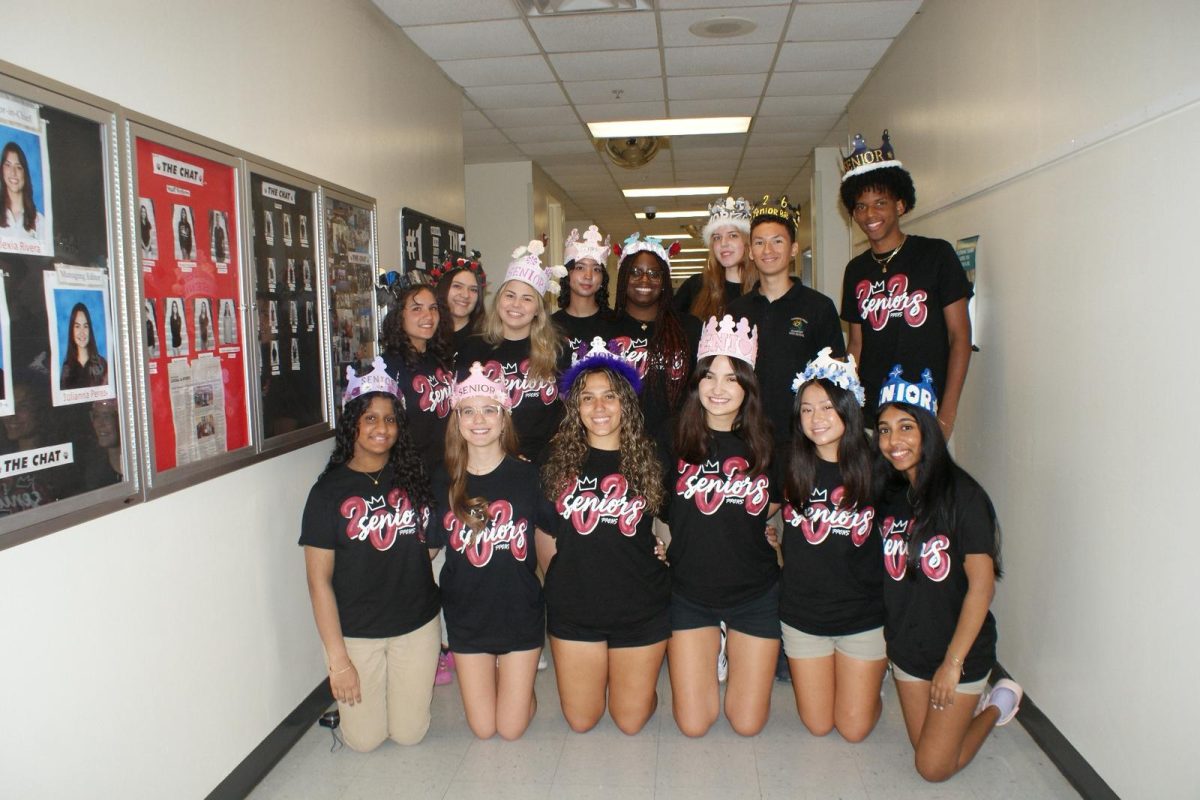The University of Florida (UF) is commonly referred to as a public Ivy League due to its outstanding academics and reputation. In fact, it has been ranked at number 7 in the United States among all public universities, and number one in the state of Florida.
While the university had stayed at number seven for the past two years, recent controversies have definitely made its spot in the top 10 seem shaky. After the former president, Ben Sasse, resigned after a less-than-outstanding performance in his two short years at the school, the school went looking for a replacement president.
Santa Ono was the main candidate for multiple reasons, including his tenure at more than 2 other colleges as president and his most recent role at the University of Michigan. This was most evident through his unanimous support from the school’s trustees.
However, controversy arose when Santa Ono was blocked from becoming the university’s 14th president, strongly opposed by Florida’s majority Republican state university board. This was because Ono supported numerous diversity initiatives, some much more controversial than others.
“They shouldn’t have blocked him,” says PPCHS junior Rinta Mambayil. “He had strong experience, and stopping him because of his beliefs makes it seem like politics mattered more than leadership.”
Now, UF is currently being headed by interim president Donald Landry, whom the board unanimously agreed upon in early September.
The university’s ranking held steadfast for both positive and negative reasons. One such factor was their peer review score, which effectively measures how other schools and administrations view UF.
It ranked the lowest out of all 10 public universities, no doubt pulling them down. This is due to numerous budget cuts that Governor Ron DeSantis has instituted.
It was mostly alone in this stagnant area, as numerous other Florida schools moved up the ranks since last year. Some notable examples include Florida State University and the University of South Florida, both climbing the overall college and public university rankings.
On the other hand, record-breaking budgeting had allowed them to hire more professors, welcome more students, and enhance other benefits that overall contributed to raising their score back up. This all averaged out to their spot not moving, reflecting the university’s dedication to rank.
“I’m glad [UF] maintained their ranking, especially because it gives me pride as both a sister of a UF student and a Floridian,” notes Junior Annie Jimenez. She is not alone, as the school itself has stated that its national ranking serves as evidence of their dedication over the past decade.
The University of Florida holds itself to a high standard, and they view their stagnation as neither a win nor a loss. However, due to recent instability and a drop in rank, the school sees this as an opportunity to regain its footing. It is doubtful that they will slow down, so only time will tell if they can regain their former glory.
















































![Varsity Volleyball Senior Abigail Reyolds [left] standing alongside her fellow teammate and captain of the team Senior Sophia Peterseil before their game.](https://ppchsnews.com/wp-content/uploads/2025/10/ABBY-AND-SOPHIA-COVER-1200x673.jpg)















